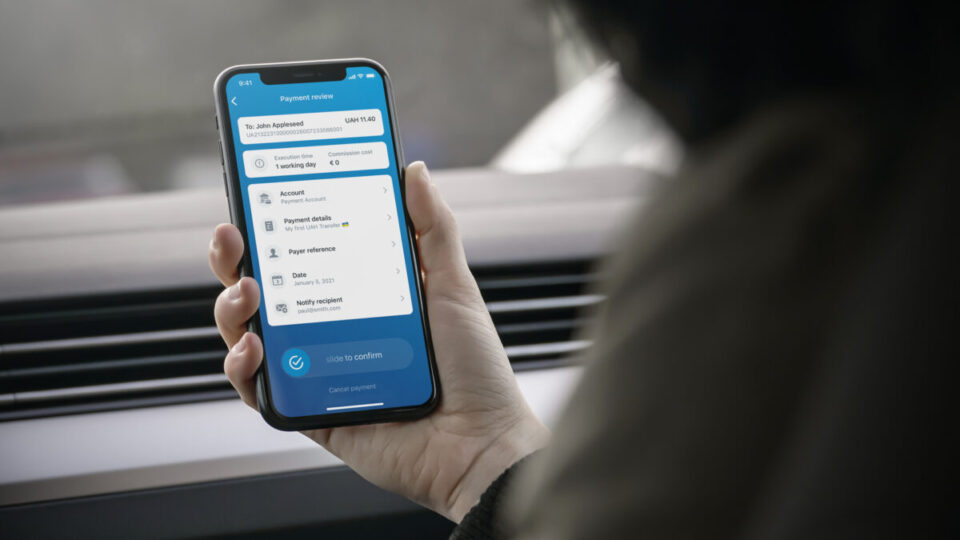The National Bank of Ukraine has included the fintech company Paysera in the country’s Register of Payment Systems. After technical preparation, the company will be able to offer faster transfers to and from Ukraine to private customers, transactions in hryvnias, euros, US dollars, and conversion of hryvnia and other currencies.
With the permission of the central bank, Paysera can now partner with local banks, i.e. open an account, perform system integration, make transfers etc. Currently, the company has already reached an agreement with Globus Bank and is negotiating for the opening of accounts in the largest banks – Privatbank, Oschadbank, and Ukrgasbank.
This move comes after the fintech recently expanded their operations within neighbouring Romania.

“We received accreditation at a special time for Ukraine. The country has chosen the path of Western integration and is currently modernising its economy by implementing the changes needed for progress, including in the financial sector,” comments Vytenis Morkūnas, CEO of Paysera LT.
“Being here, we feel the support and trust of the central bank and people’s interest in our services. We are pleased that now that we have accreditation we can contribute to the modern, progressive, and sustainable development of the financial sector in this friendly country.”
In Ukraine, the fintech company expects to attract customers who value their time and are eager to handle their daily financial affairs conveniently, with a smartphone or tablet.
According to Nataliia Bondar, Head of Paysera’s customer support in Ukraine, even before accreditation, the company had about 25,000 Ukrainian customers, but until now has not been able to provide them with some services, such as transactions in hryvnia.
“We have become a fully accredited participant of the Ukrainian payment system. We will offer fast transfers and currency conversions to local customers. Transfers in euros, US dollars, and hryvnia to and from Ukraine will be credited faster. Also, more and more Ukrainians shop in European online stores and use euros to buy services, so instant transfers in euros to European banks will come as an advantage here as well,” says Nataliia.
Last month the Verkhovna Rada of Ukraine adopted the law which will allow electronic money and payment institutions to operate in the country. There aren’t any such institutions so far. As soon as the law is implemented, Paysera will consider the possibility of receiving an electronic money institution (EMI) licence in Ukraine.
Only after obtaining an EMI licence will the company be able to start processing payments in Ukrainian online stores – a service that is the main source of Paysera’s income and profit in the Baltics.
Paysera network companies have been granted e-money licences in Lithuania, Albania, and Kosovo, and seek licences in Estonia and Bulgaria. Network companies also operate in Latvia, Romania, Spain, and Ukraine.



